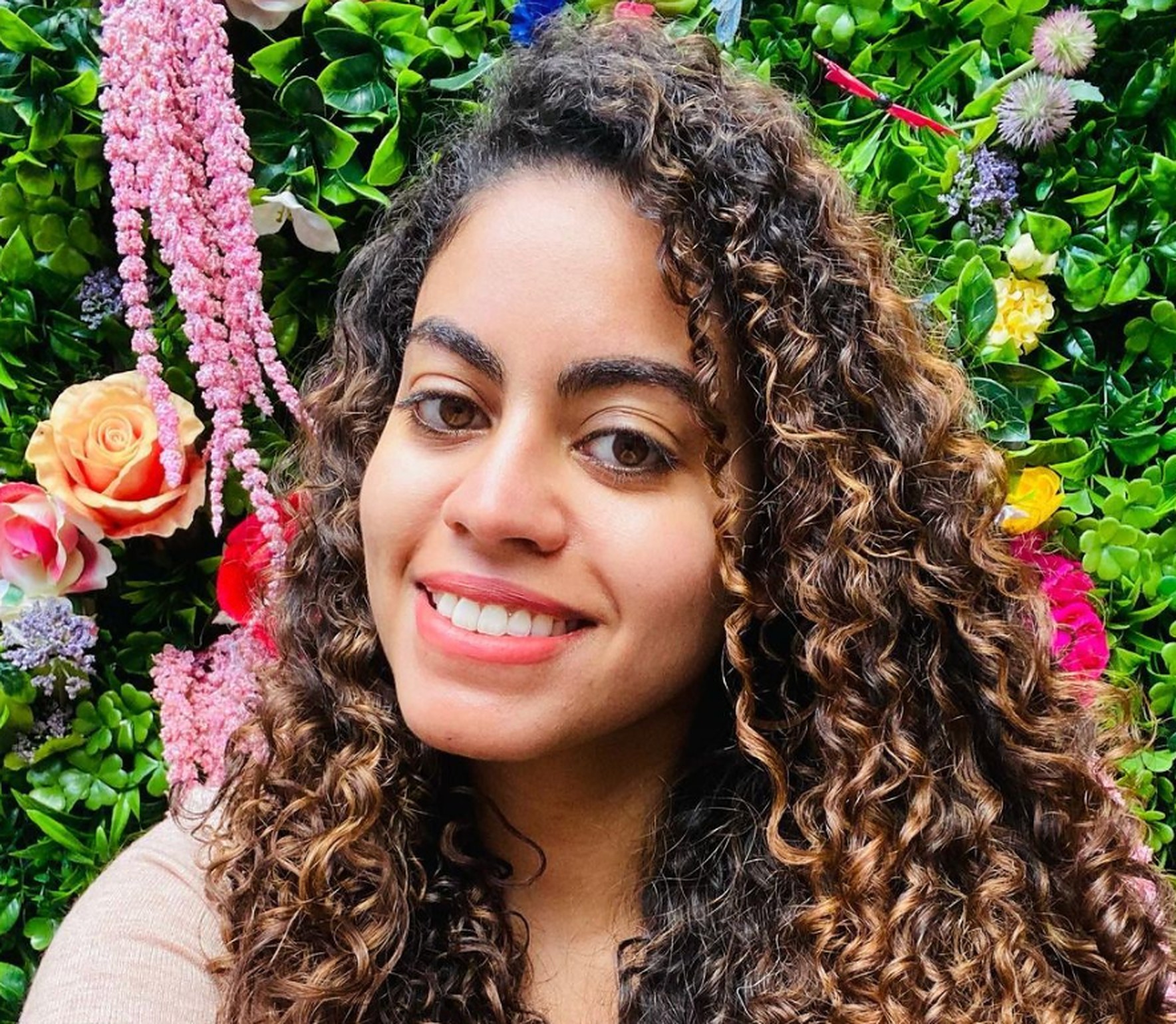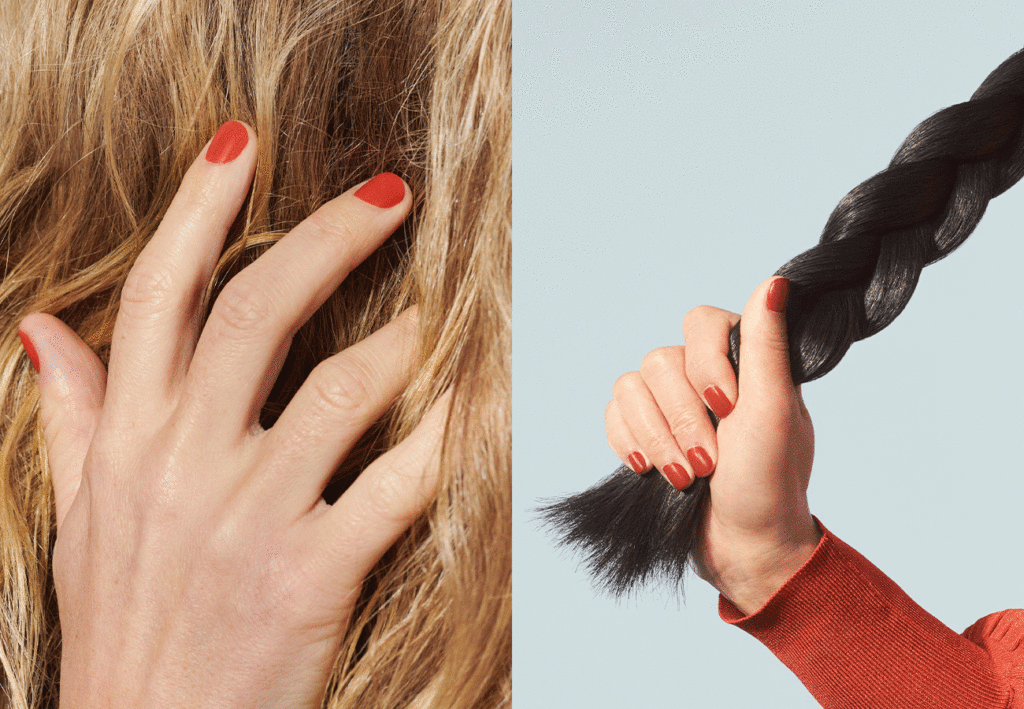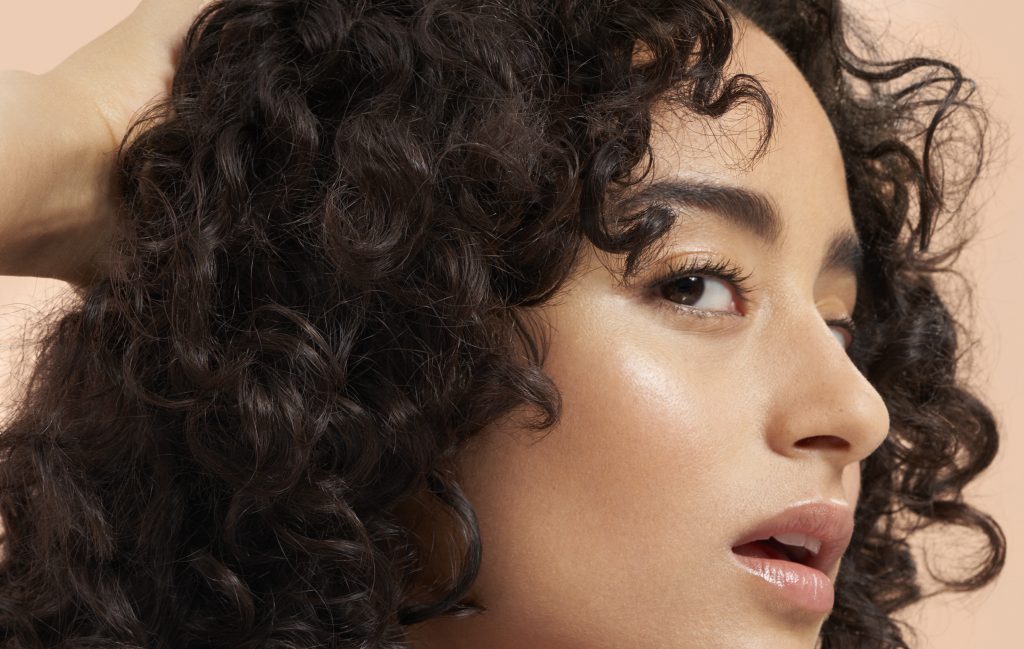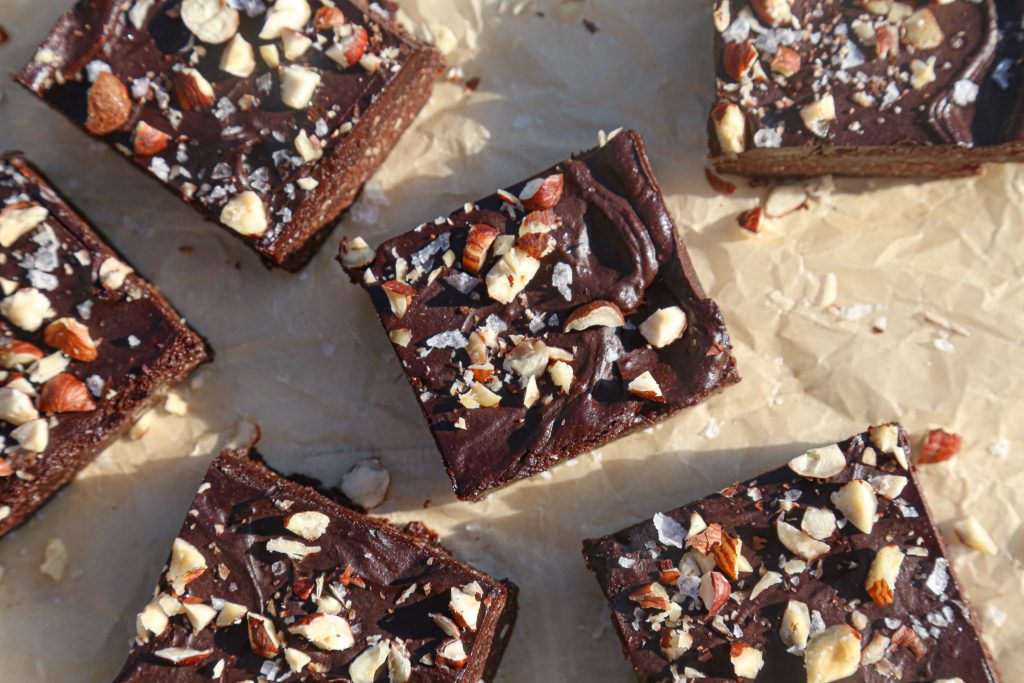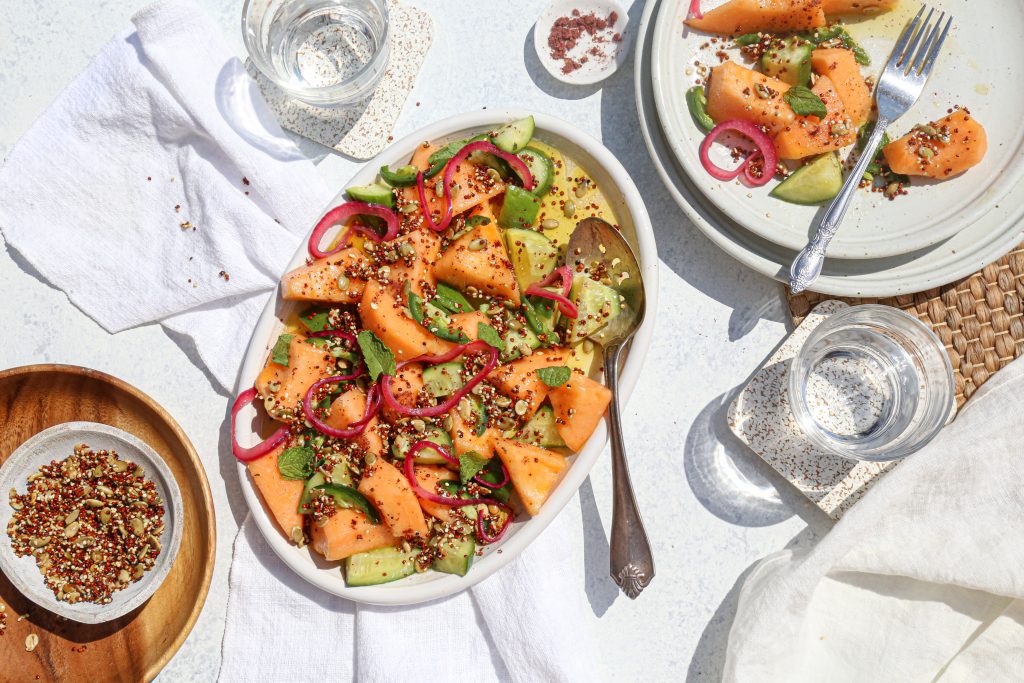Growing up in the Latinx community—in the Dominican community especially — deeply impacted how I felt about my own hair for years. Most of my life I wore it both ways. Meaning mami would straighten my long curly hair throughout the colder seasons and leave it curly during the warmer ones—more so just during the summer. But even though I was familiar with my natural curl pattern and didn’t grow up getting relaxers like a lot of curly-haired Latinas or Black women I know, I did often hear things like “pelo malo” (bad hair) when referring to naturally curly hair.
And while long hair is something that’s absolutely idealized throughout Latin American culture, it hits an especially sensitive nerve for Afro-Latinas who are raised to assimilate and embrace Eurocentric standards of beauty—such as long, straight hair. The process of unlearning what we’ve essentially been programmed to believe for centuries and learning and recognizing how to love and embrace our natural curls is not an easy journey. It’s about so much more than finding the right curl cream. It’s about looking in the mirror and genuinely loving what you see.
I’ve always had long hair and it’s not because my mom purposely kept it long. It’s because my hair has always been the type to grow quickly and maintain length—even when it’s been damaged. When I couldn’t appreciate my hair for its natural curls, I would always tell myself, at least I had my length. I believe that it’s for that very same reason that haircuts still trigger me today. I’m not necessarily traumatized by a bad haircut from the past. I’ve been traumatized by the idea that maybe I’m not as beautiful without my long hair.
Strangely enough, I have had short cuts. All of them were cuts I had done in order to remove damage. My first lob was in college. I didn’t want to go shorter—I had to. All the coloring I did my senior year of high school left me with rattail ends that were practically breaking off. I hated it for a week. Then got over it and embraced it until it grew out. The second lob was back in 2017, in a desperate attempt to finally rid my curls of heat-damage. The day I cut it I was fine. The following day I cried and like always—I eventually got over it and moved on.
I’ve gotten multiple cuts and trims since then but now that my curls are back to a healthy state, I’ve been very particular about my curl cuts. That’s because now that I don’t wear my hair straight at all, an inch too much could appear much shorter on curls that naturally spring up a few inches. I recently got a much-needed cut. After almost a year of not getting a trim—due to COVID—and recently getting pintura highlights, my ends were looking dry, split, and sad. Even so, I had no plans of getting more than an inch trimmed off. The stylist did an incredible job and I was content the day of. But after a day it finally hit me how much length was cut — probably at least three inches. I panicked.
“You always react like this whenever you change up your hair,” my sister told me. I had gotten honey-colored pintura highlights in September that I initially hated before I loved them—only because I had gotten so used to rocking my naturally dark hair. But in that moment, I realized that it was WAY more than just change for me. A lot of it stemmed from this idea of having “perfect-looking hair.” Even after years of working on decolonizing my beauty standards and reclaiming the parts of me society told me weren’t beautiful—like my natural curls—I still felt this need to have “perfect hair,” whatever that meant. I’ll proudly rock my curls, so long as they still checked off some beauty standards, like remaining long and waist-length. I was adhering to another societal norm. The idea of rocking “good” and “presentable” curls which was doing me way more harm than good and only contributing to the same beauty standards I was trying to do without. Keep it curly, but keep it long and as tamed as possible, was essentially the mentality I was running with without even being fully conscious of it.
“The idea that long hair is more beautiful than shorter hair or that we as women look more beautiful when we rock longer hair, comes from whiteness, believe it or not,” one of my good girlfriends told me via a voice note after I vented about how uncomfortable I felt with shorter hair. She was right. If I’m being honest, it still took me a while following that conversation to really get over it. I mean, I even ordered hair growth vitamins. But then it hit me—I am SO much more than just my hair.
While it might take maintenance to give my curls the care it requires—not to mention time, energy and patience—it also requires love. Loving this hair is not just about embracing my natural texture, it’s also about seeing myself beyond it. Because whether my hair is curly, blown out straight, long, or short, I am still beautiful and I am still full of value and worth. And I refuse to have the colonized mentality that I was raised with continue to keep me from truly seeing that.

